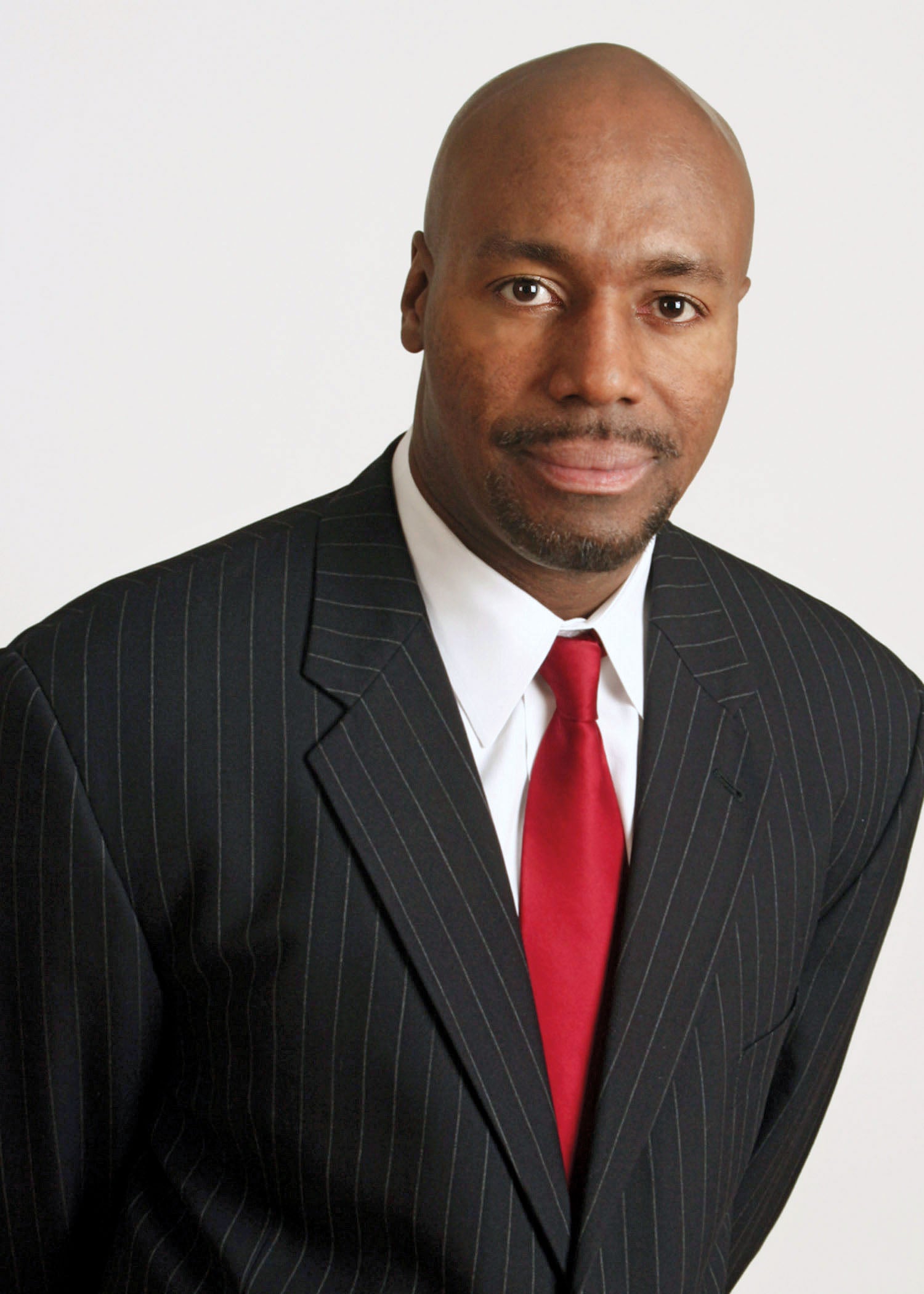Paul Butler ’86 used to put people away—Now he wants to set them free
When he was a prosecutor, Paul Butler ’86 loved to put people in prison. He loved winning trials, which he did most of the time. He loved breaking defendants down on the stand and getting them off the street, which, he believed, made the community safer.
Now he would love nothing more than to set free some of the types of people he once put away. A professor at George Washington University Law School, Butler has become an outspoken critic of the U.S. criminal justice system, mass incarceration and drug laws. He recounts his views in his book “Let’s Get Free: A Hip-Hop Theory of Justice,” in which he advocates for alternatives to incarceration for nonviolent offenders and the release of at least 500,000 of them currently in prison.
“We’d be a lot safer if we were smarter about who we locked up, and we didn’t lock up so many people,” Butler says. “A lot of the reform of the criminal justice system really is about ways to be safer as much as it is about ways to treat people more fairly.”
He argues that high incarceration levels have decimated black communities in particular, disrupting families and making prison—rather than employment—a social norm. Prison also serves as a training ground for nonviolent offenders, who are more likely to victimize people after they are released, according to Butler. “The biggest threat to freedom in the United States comes not from some foreign or terrorist threat but rather from our dysfunctional criminal justice system,” he writes.
The former prosecutor argues for jury nullification in cases of nonviolent offenders—even if they are guilty
He understands that system not only as a prosecutor of drug cases in Washington, D.C., for the Department of Justice, but also as an accused criminal. During his time at the DOJ, a neighbor claimed he assaulted her. Butler was then arrested and faced a trial in which both the complainant and a police officer lied in an attempt to convict him, he says. Though he was found not guilty, the experience, he says, “gave me profound misgivings about how much justice I was doing as a prosecutor.”
So did the fact that nearly all the people he prosecuted were black like him. Butler jokes that if you go to criminal court in D.C., you’d think that white people don’t commit crimes. Such racial disparities are addressed in the culture of hip-hop, which he praises for exposing a mass audience to the same social justice issues that concern him. Though sometimes criticized for misogyny and violence, hip-hop artists “know how to impact people’s hearts and minds, and I think they’re doing that very consciously when it comes to criminal justice,” he says.
Of course, Butler also wants to effect change in society, through his book plus appearances on news programs like “60 Minutes” and opinion pieces in major newspapers. He has perhaps garnered the most attention for his advocacy of jury nullification in cases of nonviolent offenders even if they are guilty, which he contends is a justifiable strategy that dates to the American Revolution. “When law enforcement does go too far, when it crosses the line, that’s when jurors have a constitutional authority to check and balance,” says Butler.
His own experience working with jurors has given him the confidence that they can use this power as a remedy for the kinds of prosecutions that in the end harm their communities. Indeed, his time as a prosecutor has informed his critique of the very system of which he was once a part.
“As a former prosecutor, I have a lot more credibility and I get a lot more attention when I talk about reforming the criminal justice system,” says Butler. “It’s given me an important platform that I try to use responsibly.”
Learn more about Butler’s book.
